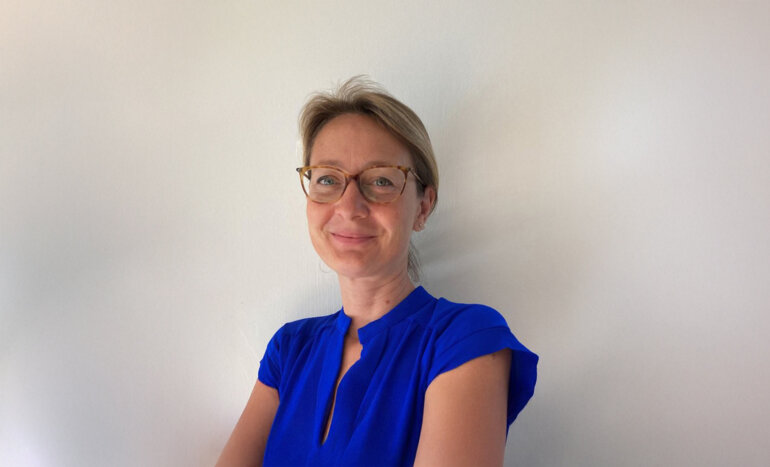Patients with hormone receptor (HR)-positive, human epidermal growth factor receptor 2 (HER2)-negative advanced breast cancer achieved a clinically relevant overall survival (OS) benefit of approximately 8 months when the phosphatidylinositol 3-kinase (PI3K) inhibitor alpelisib was combined with hormonal therapy compared with hormonal therapy alone, as reported in the Late-Breaking presentation at ESMO Virtual Congress 2020 today (LBA18).
Approximately 40% of patients with HR-positive, HER2-negative breast cancer harbour PI3KCA gene mutations, resulting in PI3K pathway hyperactivation and endocrine resistance. These patients have a poor prognosis and targeting the PI3K pathway with new treatment regimens may yield survival benefits.
The phase III SOLAR-1 trial evaluated the efficacy and safety of alpelisib (300 mg oral) plus fulvestrant (500 mg intramuscular) or placebo plus fulvestrant in chemotherapy-naïve patients with disease progression on, or following treatment with, an aromatase inhibitor. Significant improvements in progression-free survival (PFS) – the primary endpoint in SOLAR-1 – with alpelisib plus fulvestrant compared with placebo plus fulvestrant (11.0 months versus 5.7 months) have been reported previously.
A key secondary endpoint of the trial was to evaluate OS in a cohort of patients with PI3KCA mutations. At a median follow up of 30.8 months, median OS was 39.3 months with alpelisib plus fulvestrant compared with 31.4 months with placebo plus fulvestrant (hazard ratio [HR] 0.86; 95% confidence interval [CI], 0.64–1.15; p=0.15), which was clinically meaningful but did not meet the prespecified boundary of p≤0.0161 for statistical significance. OS improvements with alpelisib plus fulvestrant over placebo plus fulvestrant were also shown in patients with visceral disease (35.1 months versus 23.0 months; HR 0.75, 95% CI, 0.52–1.08), lung and/or liver metastases (37.2 months versus 22.8 months; HR 0.68, 95% CI, 0.46–1.00). Median time to chemotherapy was longer in the alpelisib plus fulvestrant group than in the placebo plus fulvestrant group (23.3 months versus 14.8 months; HR 0.72; 95% CI, 0.54–0.95). Safety results of the longer follow-up were consistent with previous reports.
Alongside the known significant improvements in PFS with alpelisib plus fulvestrant, these promising OS data further support the use of alpelisib plus fulvestrant for patients with HR-positive, HER2-negative advanced breast cancer and PI3KCA mutations, a setting in which treatment options are limited.
Abstract and session details
- André F et al. Overall Survival (OS) Results From SOLAR-1, a Phase 3 Study of Alpelisib (ALP) + Fulvestrant (FUL) for Hormone Receptor-Positive (HR+), Human Epidermal Growth Factor Receptor 2-Negative (HER2–) Advanced Breast Cancer (ABC). ESMO Virtual Congress 2020, LBA18
Proffered Paper - Breast cancer, metastatic, 19.09.2020, h. 16:20 – 18:00, Channel 1
ESMO 2020 Highlights on alpelisib plus fulvestrant for HR+/HER2– ABC: The SOLAR-1 study





